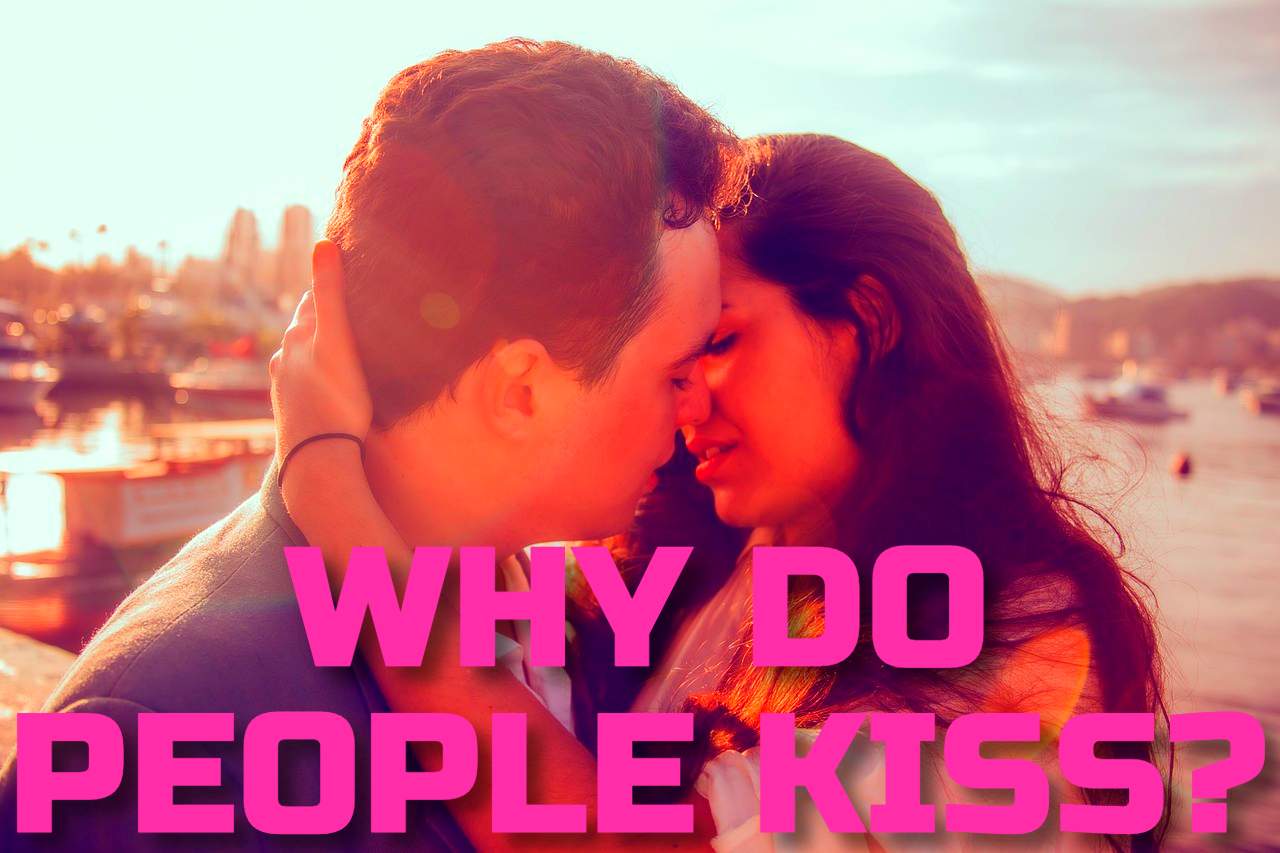Table of Contents
Intro
Kissing is a form of physical affection that has been practiced for centuries and is a universal language of love and desire. But what compels us to kiss, and why do people kiss? This article explores the underlying reasons and cultural norms that explain why people kiss. From expressing affection to increasing intimacy, this article will answer the age-old question of why humans kiss each other.

Kissing
Kissing is an act that has been practiced for centuries, and it's still a prevalent form of affection in today's world. But why do we kiss? One theory suggests that kissing may have evolved as a way to exchange information about potential mates. When two people kiss, their bodies release chemical signals that can indicate compatibility or attraction.
Another theory is that kissing serves as a form of bonding between individuals. Research shows that when we kiss someone we like, our brains release oxytocin, which is also known as the “love hormone.” This hormone promotes feelings of attachment and intimacy, making the act of kissing an essential part of forming close relationships.
Finally, some researchers believe that kissing may have evolved as a way to boost the immune system. When we kiss someone, we are exposed to bacteria and viruses present in their mouth. Over time, repeated exposure can help us build up immunity to these pathogens, strengthening our overall health and well-being. Overall, whether it's used to communicate information about mate suitability or simply as a way to express love and affection towards another person- there are many compelling reasons why people continue to practice this ancient ritual today!

Why humans kiss and the origin of kissing
Why do people kiss? The romantic kiss, a popular and intimate expression of love, has been around for centuries, but the origin of kissing itself is not entirely clear. Some scientists suggest that kissing may have evolved from the behavior observed in bonobos, where mouth-to-mouth contact serves as a way to communicate and bond with one another. Anthropologists believe kissing may have emerged as a form of courtship or to exchange information about another's health, fertility or compatibility. The science of kissing reveals that as lips meet, nerve endings in the skin send signals to the brain, causing the release of chemicals such as dopamine and serotonin – which create feelings of attachment, pleasure, and relaxation. So, whether it's the excitement of a first kiss or a long-term peck of affection, kissing remains a cherished and fundamental act, both for emotional and physical connection between two people.
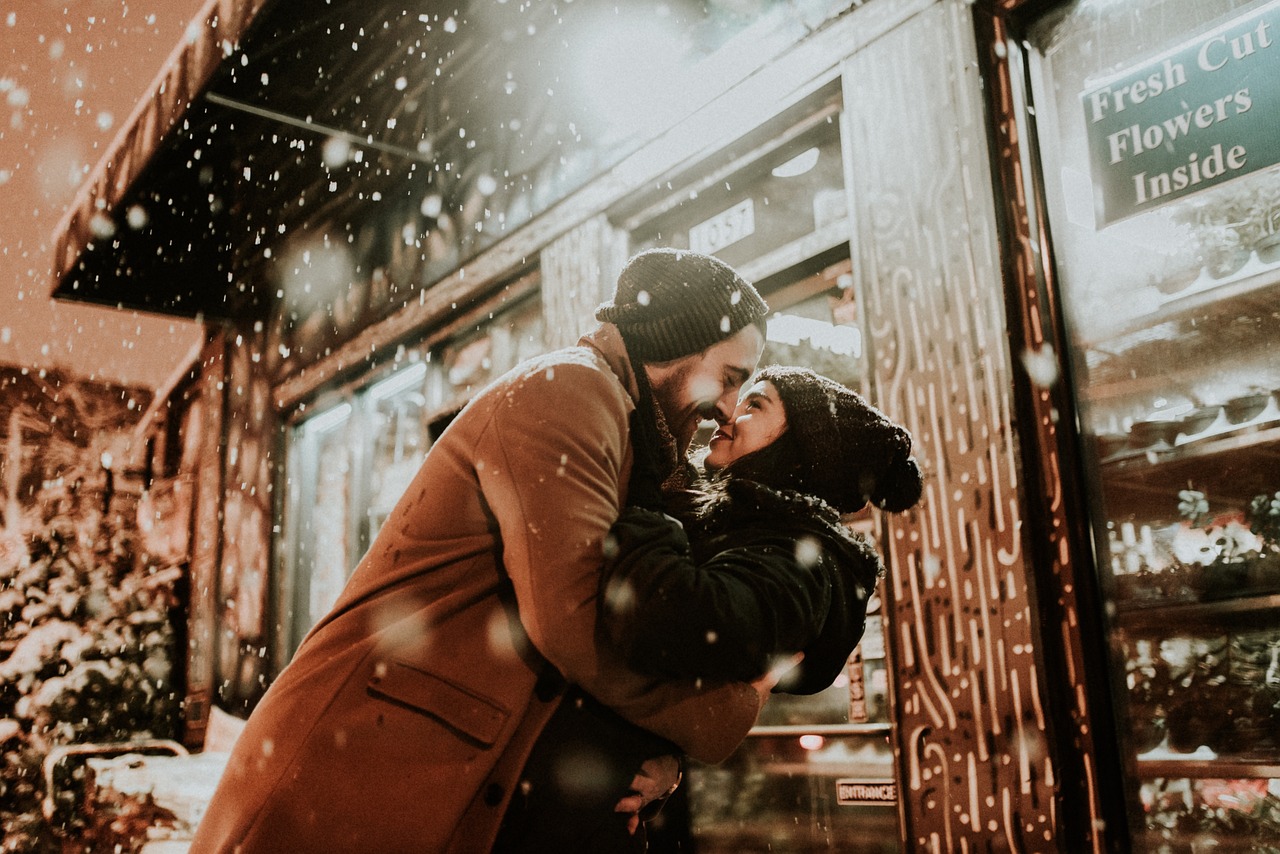
Types of Kissing
Kissing is a highly intimate act that can hold different meanings for different people. Some people kiss to express love and affection, while others may use it as a means of greeting or even as an act of respect. There are several types of kissing, each with their own unique meaning and significance.
One type of kiss is the French kiss, which involves using the tongue to explore your partner's mouth. This type of kissing is considered highly erotic and passionate, and is often used during romantic encounters. Another type of kiss is the peck on the cheek or lips, which is commonly used as a greeting or sign of affection between friends and family members.
Other types of kisses include the butterfly kiss (where you flutter your eyelashes against your partner's skin), the earlobe nibble (which involves gently biting your partner's earlobe) and the Eskimo kiss (where you rub noses together). Ultimately, there are many ways to express yourself through kissing – whether it’s a simple peck on the cheek or a steamy French kiss – making it one of the most versatile forms of physical intimacy known to humankind.
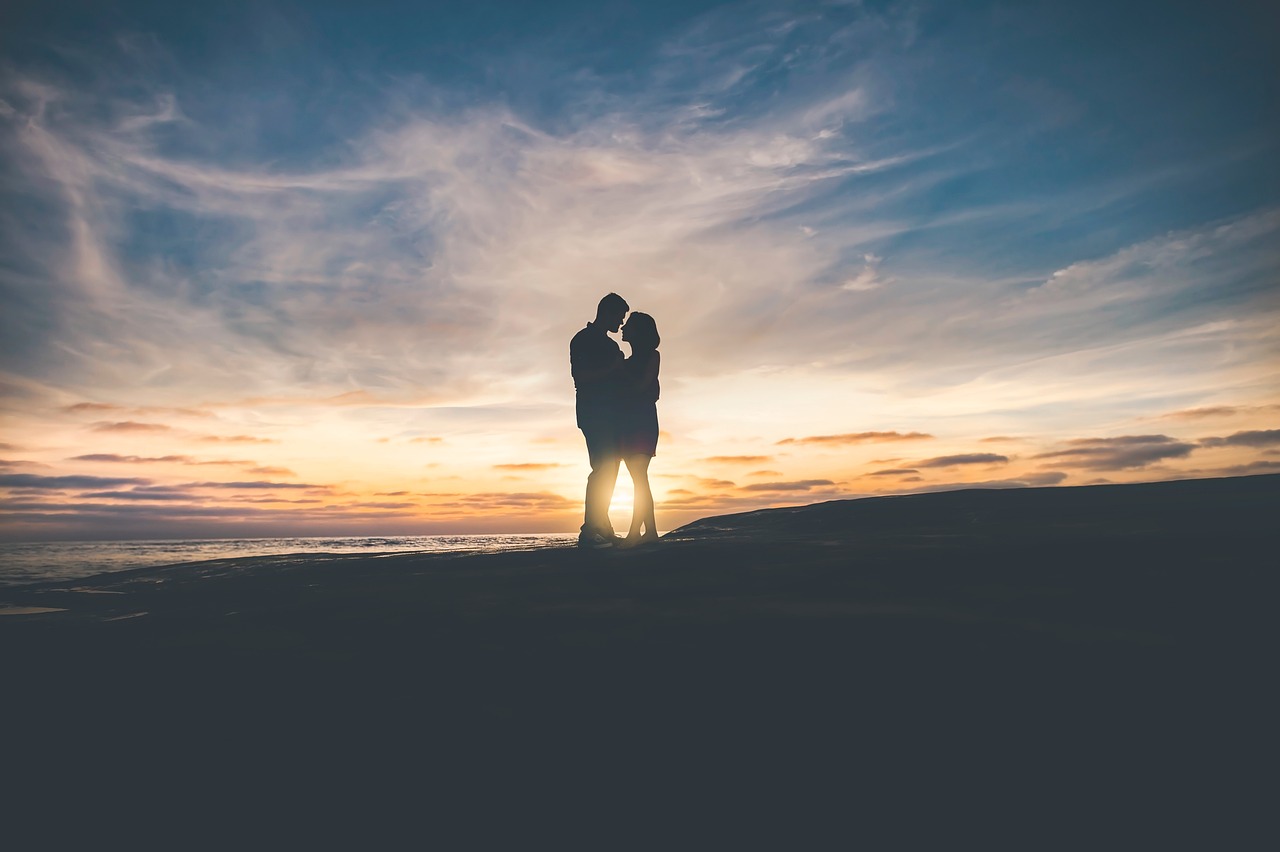
Cultural Significance
Kissing is a universal human experience that has been practiced for thousands of years. It is believed to be an expression of love, intimacy, and affection between individuals. The cultural significance of kissing varies across different societies and time periods.
In some cultures, kissing is seen as a taboo or a violation of social norms. For example, in traditional Hindu culture, public displays of affection are frowned upon, including kissing. In contrast, other cultures embrace kissing as an important part of romantic relationships and even use it as a greeting gesture among friends and family members.
Moreover, the practice of kissing has evolved over time with the influence of different cultural practices. For instance, ancient Romans used to kiss on the cheek as a form of greeting while early Christians used it as a sign of respect towards their religious leaders.
Overall, the cultural significance of kissing remains complex and multifaceted across diverse communities worldwide. Its meaning can vary greatly depending on context and cultural background but one thing remains certain- it plays an integral role in shaping human intimacy and connection throughout history.
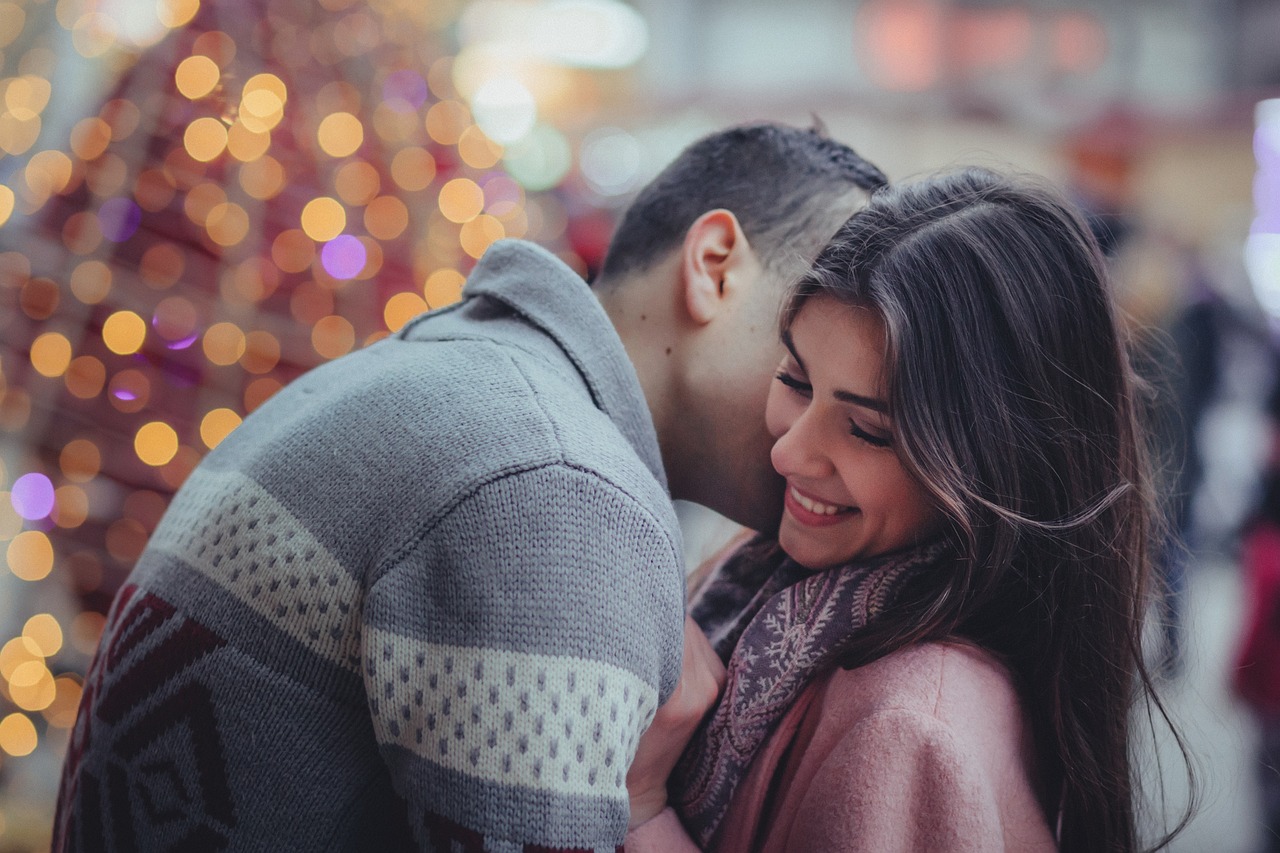
Physiological Effects
Kissing has a variety of physiological effects on the human body. One of the most notable is the release of oxytocin, also known as the “love hormone.” This chemical is responsible for feelings of attachment and bonding between two people, which can be particularly strong during intimate moments like kissing. Additionally, kissing can lead to an increase in heart rate and blood pressure due to heightened levels of adrenaline and cortisol.
Another effect that kissing has on the body is increased saliva production. While this may not sound particularly romantic, it's actually beneficial in several ways. Saliva contains enzymes that help break down food particles and bacteria in the mouth, reducing the risk of tooth decay and gum disease. It also helps to lubricate and protect oral tissues during kissing, making it a more comfortable experience overall.
Overall, there are many physiological reasons why people kiss beyond just feeling good or expressing affection. From releasing chemicals like oxytocin to promoting better oral health through saliva production, this simple act can have a significant impact on our bodies and overall well-being.
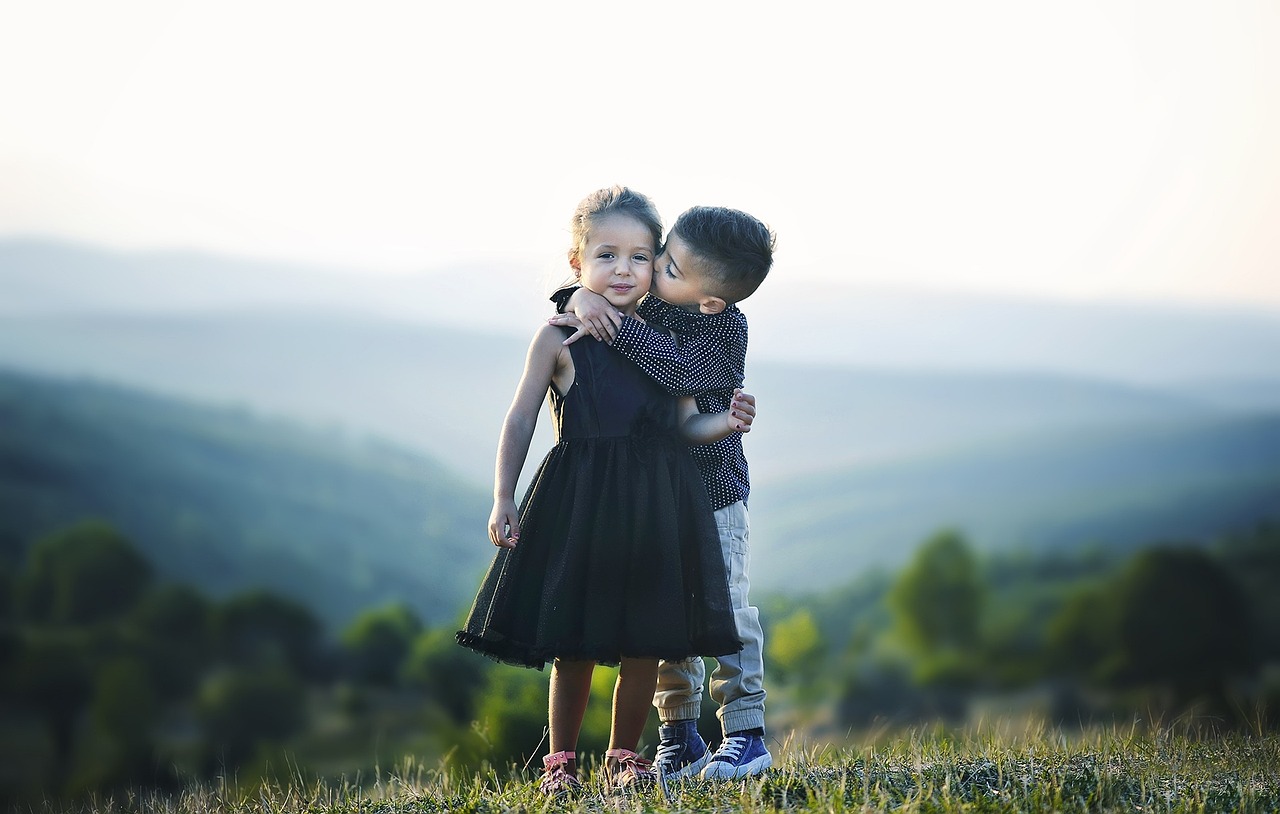
Social Impact
When it comes to social impact, kissing has been a topic of discussion for centuries. The act of kissing can have different meanings and implications depending on the culture or context in which it is done. In some societies, kissing is seen as a way to show affection or love between two people, while in others it can be considered inappropriate or even taboo.
Kissing also has the potential to make a significant impact on an individual's mental and physical health. Research shows that kissing can help reduce stress levels by releasing endorphins in the brain. It can also improve dental health by stimulating saliva flow and reducing the risk of tooth decay.
Overall, whether it’s for romantic reasons or simply as a greeting between friends, kissing has proven to be an integral part of human interaction with far-reaching social impacts.
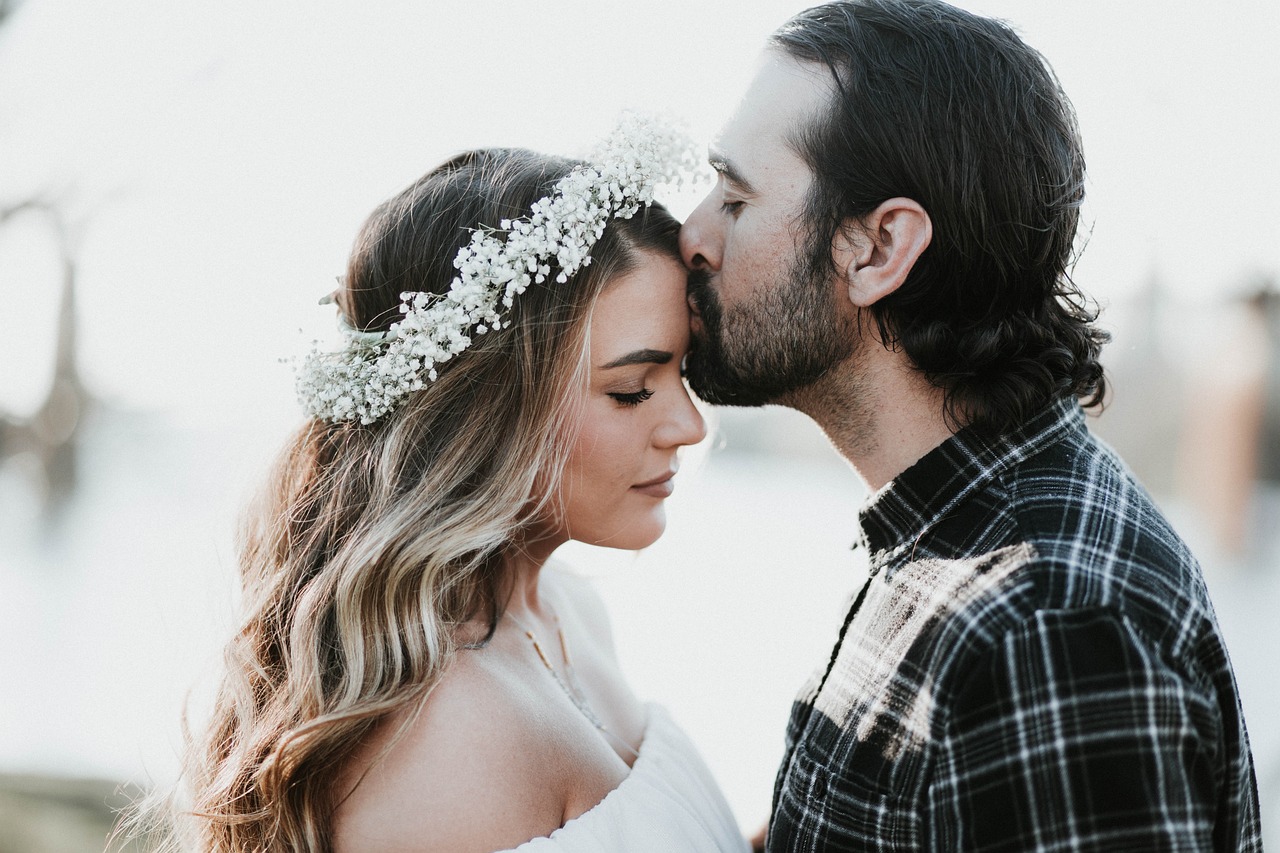
Mental Health Benefits Of Kissing
Kissing is a natural human behavior that has been practiced for thousands of years. Beyond the obvious physical pleasure, there are mental health benefits associated with kissing. Kissing stimulates the release of oxytocin and endorphins in the brain, which creates feelings of happiness and love.
Additionally, kissing can reduce stress levels by lowering cortisol levels in the body. This makes it an effective self-care tool that can be used to manage anxiety and depression symptoms.
Moreover, kissing promotes connection and intimacy between partners, which can improve overall relationship satisfaction. It is also an effective way to communicate emotions without words, making it a powerful tool for emotional expression and bonding. Overall, kissing has numerous mental health benefits that make it an important part of human interaction and relationships.
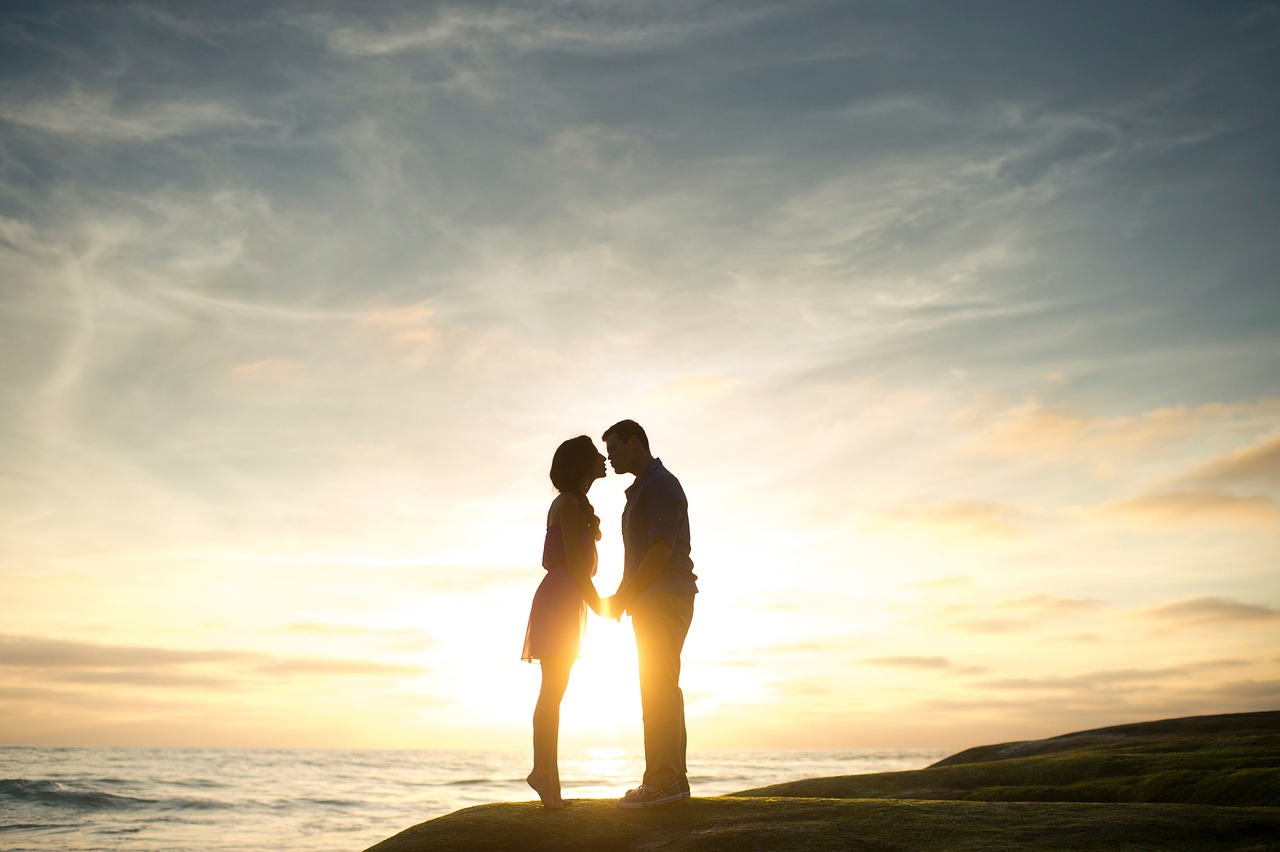
Conclusion: Universal Language
In conclusion, it can be said that kissing is a universal language that transcends barriers of culture, ethnicity and social class. While the reasons for why people kiss may vary from person to person, it is a shared experience that has been embraced by humans throughout history. Whether it's a way of expressing love, affection or passion, kissing remains an intimate act that connects individuals on a deep emotional level.
Furthermore, research suggests that kissing has numerous health benefits as well. It can boost our immune system by increasing the production of antibodies and reduce stress levels by releasing endorphins in the brain. Kissing also helps us bond with partners and strengthen relationships by promoting feelings of trust and intimacy.
In conclusion, while we may never fully understand all the reasons behind why people kiss, one thing is clear: it is a powerful tool for communication and connection among human beings.
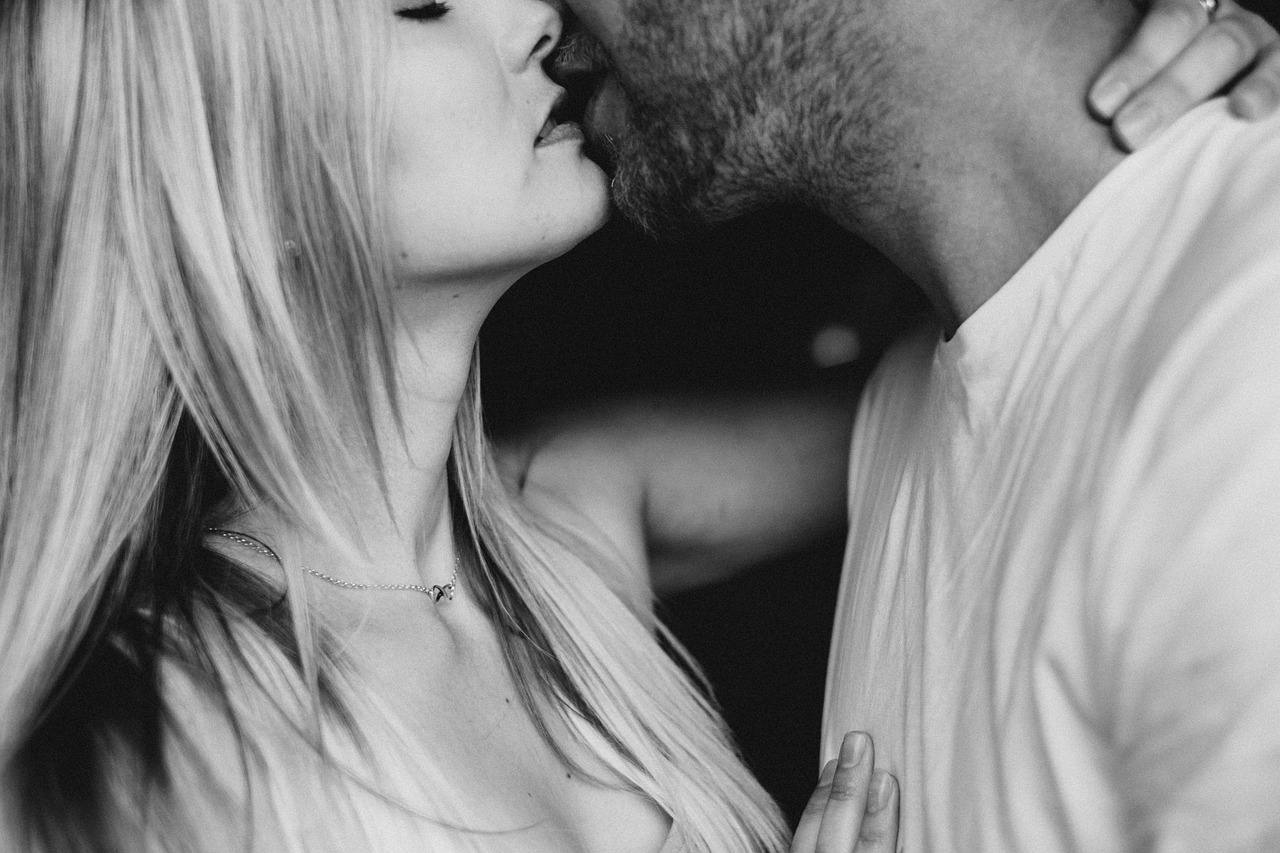
Related Articles
Marriage Why do people kiss?
https://www.marriage.com/advice/relationship/why-do-people-kiss/
Live Science Why do people kiss?
https://www.livescience.com/32464-why-do-people-kiss.html
Indian Public Media Why do people kiss?
https://indianapublicmedia.org/amomentofscience/people-kiss/
Wonderpolis Why do people kiss under mistletoe?
https://wonderopolis.org/wonder/why-do-people-kiss-under-mistletoe
Great British Mag Why do people kiss under the mistletoe?
https://greatbritishmag.co.uk/uk-culture/why-do-people-kiss-under-the-mistletoe/
Your Tango Why do people kiss?
https://www.yourtango.com/200927510/why-do-we-kiss-science-smooch
The Gaurdian Why do people kiss?
Ella One Why do people kiss?
https://www.ellaone.co.uk/magazine/features/why-do-people-kiss-at-midnight-on-new-years-eve/
Zoosk Why do people kiss?
https://www.zoosk.com/date-mix/dating-statistics-and-research/science-love/why-do-people-kiss/
PSY Post Why do people kiss?
https://www.psypost.org/2014/11/people-kiss-science-examines-bodys-exposed-erogenous-zone-29651
Birmingham Mail Why do people kiss?
https://www.birminghammail.co.uk/news/uk-news/people-kiss-under-mistletoe-history-22340043
Catholic World Report
https://www.catholicworldreport.com/2019/03/27/why-do-people-kiss-the-popes-ring/
Mental Floss Why do people kiss?
https://www.mentalfloss.com/article/653995/why-do-people-kiss-midnight-new-years-eve
Nerd Momma Why do we dream? We’ve all heard about dreams, and we’ve all had them. But why do we dream?
https://nerdmomma.com/why-do-we-dream-uncovering-the-nightmare-secrets-of-dreaming/#more-1647
Nerd Momma Why do we yawn?”The Physiological Reasons Behind Those Contagious Yawns”
https://nerdmomma.com/why-do-we-yawn-and-why-is-it-contagious/#more-1583
